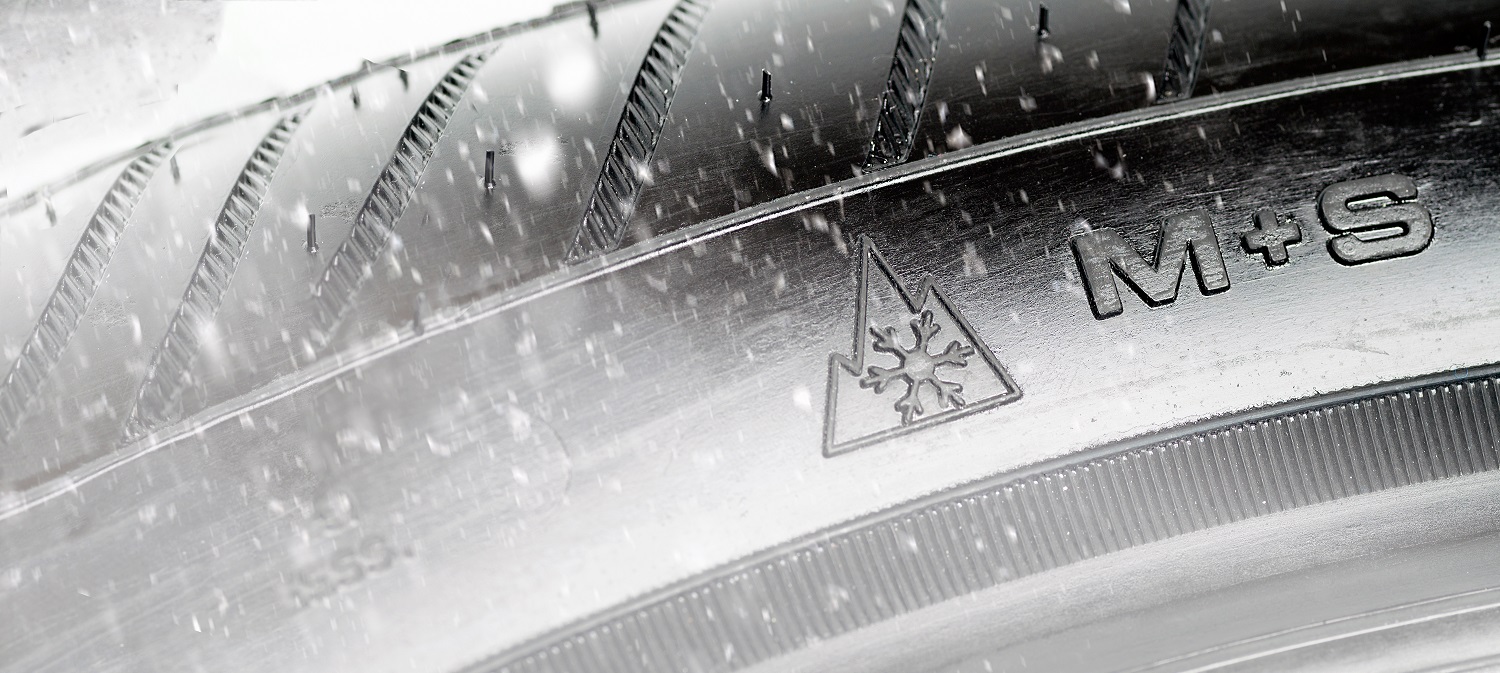All Weather Tire Guide: Pros And Cons To Choosing “Variable Condition” Treads
February 2, 2022
Tires

Today’s post discusses the pros and cons of all-weather “variable condition” tires. Read on to learn more, or contact your local TIRECRAFT to speak directly with an all-weather tire expert.
All-weather Tire Guide: What Are “Variable Condition” Tires?
All-weather tires are sometimes called “variable condition” tires because they work in variable weather conditions.
The phrase also refers to the fact that all-weather tires are designed with variable sipe density. To perform better in “variable conditions,” all-weather tires use a combination of high-density siping on the inside tread, which provides more traction on snow and ice, and low-density siping on the outside tread. These all equate to improved performance on wet and dry roads.
Unlike all-season tires, which are widely known as three-season tires due to their limited capabilities on heavy snow and ice, all-weather “variable condition” tires are true four-season solutions. All-weather tires manage truly in all seasons not only because of their variable sipe density, but also due to their:
- Special slush grooves, which increase traction by evacuating slush and snow
- Special snow claws, which bite into ice and deep snow for added traction
- Special rubber compounds, which stay pliable when temperatures plummet
Are All-Weather Tires Right For Me? Pros And Cons To Consider
Save money, save time, stay safe: The benefits of all-weather tires
- Stay safe in all seasons. All-weather tires combine the benefits of all-season and snow tires, with reactive “variable condition” tread that adjusts according to the temperature and road conditions. These qualities allow you to enjoy high-performance and peace of mind in any weather.
- Halve your annual tire costs. Because all-weather tires work well in all four seasons, you won’t need to spend money on a second set of tires. This savings, frees up additional money for seasonal maintenance and preventative care, all of which pay dividends in the long run of the life span of your vehicle.
- Save hundreds of dollars on seasonal tire changeovers and storage. Not only do all-weather tires’ four-season capabilities save you money upfront; they also cut the costs of professional changeovers and storage.
Consider this: the average Canadian puts 15,200km on the odometer each year, according to Natural Resources Canada. Since many all-weather tire warranties cover you for 95,000km or more, that means you can easily get 5 or 6 years out of your “variable condition” treads, and 5 or 6 years of seasonal changeover savings ($80 to $120 per changeover, twice per year) which can easily cover the costs of a replacement pair!
Increased wear-and-tear, performance trade-offs: The drawbacks of all-weather tires
- All-weather tires may need to be replaced more often. Although many all-weather tires come with impressive warranty coverage, like the Goodyear Assurance’s 95,000km tread life guarantee, you’ll put more mileage on them because they stop working, whereas specialty tires get to enjoy a summer or winter vacation.
- All-weather tires give up some summer performance capabilities. Although several all-weather tires have outperformed specialty snow tires in Consumer Reports research, they’ve never beaten summer tires in track tests. Toyo Tires quantified their wet/dry handling trade-off in their Toyo Celsius All-Weather Tire ratings:
All-weather tires offer 5-star winter handling but score only 3.5 and 3.0 in wet and dry handling, respectively.
Book A Free All-Weather Tire Consultation Near Me: Call TIRECRAFT
To learn more about the pros and cons of all-weather “variable condition” tires, and to get a shortlist of recommendations based on your unique driving demands and local weather conditions, use the Find a TIRECRAFT tool on our website.
Back


